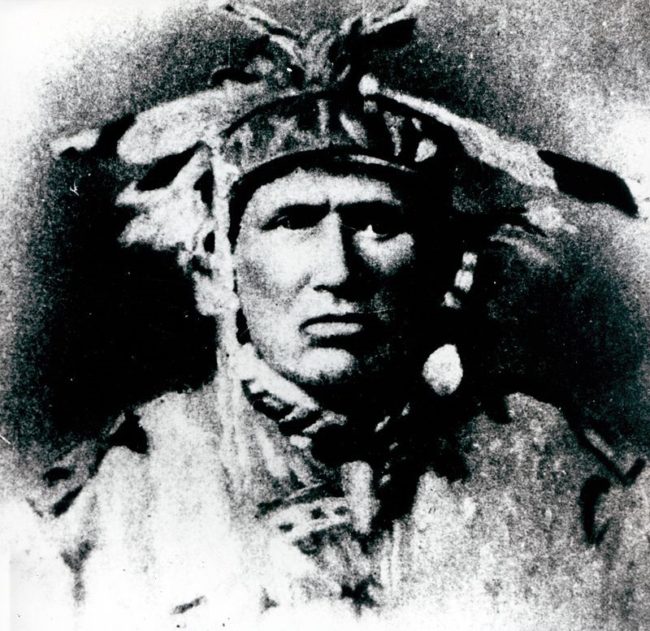Robinson Huron Treaty ‘escalator clause’ on trial

By Catherine Murton Stoehr and Randy Restoule
Since the 1980s First Nations in the Robinson Huron treaty area have been preparing for a lawsuit they launched this fall. On September 9, 21 Nations in the Robinson Huron Treaty region brought a lawsuit against both Ontario and Canada for failing to augment their annuity as required by the treaty. Hearings for Restoule et al. vs. Ontario and Canada began in September in Thunder Bay, the court then traveled to Manitoulin Island, and on to Garden River First Nation. This week the court reconvened in Sudbury.
Unlike earlier treaties the Robinson Huron Treaty negotiation was motivated by a pressing need for an agreement about revenue sharing. The Royal Proclamation of 1763 had forbidden non-indigenous people from purchasing or using unceded First Nation lands. However, in the 1840’s, non- indigenous mining companies were active along the shores of Lakes Huron and Superior even though none of those lands were covered by treaty.
Chiefs petitioned to stop the encroachment. When those petitions went unanswered Chiefs from Garden River and Batchewana and their allies traveled to the Mica Bay mining site and stopped production themselves. In response a Commission was ordered to accurately document the extent of First Nations’ claims to territory and make recommendations to enable the government to, in the words of then Indian Superintendent Thomas Anderson, “extinguish the Indian right, by a treaty granting to the Aboriginals an equitable remuneration for the whole country.”
The current claim is based on a clause in the 1850 treaty that states that should the territory, “at any future period produce such an amount as will enable the Government of the Province, without incurring loss, to increase the annuity hereby secured to them, then and in that case the same shall be augmented from time to time.”
The clause, sometimes known as the “escalator clause” only appears in two Canadian treaties, Robinson Huron and Robinson Superior. Robinson Superior Nations have also undertaken a suit that is being prosecuted concurrently with the Robinson Huron case.
Mike Restoule, chair of the Robinson Huron Treaty Litigation Fund points out that the Chiefs have been calling out Canada for failure to comply with the escalator clause since 1851 when Garden River First Nation Chief Shingwaukonse asked why the annuity had not been increased when new mines were opened.
According to Fred Bellefeuille, legal council to the Anishinabek Nation, the treaty identifies a limit to the amount that any one person could receive in a year but applies no such limit to the annuity to be paid to the nation itself. Canada and Ontario have been pointing to the limit on individual payments as an impediment to implementing the escalator clause. Fred Bellefeuille sees no problem with following both parts of the treaty saying, “OK, Let’s talk about those limits, augment the 600 pound annuity – there has never been an accounting to demonstrate the inability to augment the annuity.”
Critical to the outcome of the current trial will be determining just how much revenue Ontario and Canada have accumulated from the territory over the life of the treaty. The plaintiffs have declined to indicate a compensatory sum until such a calculation has been made.
Canada’s behaviour regarding the trial has raised concerns. Dean Sayers, Ogimaa at Batchewana and Ogimaa Duke Peltier of Wiikwemkoong wrote to Minister of Crown-Indigenous Relations and Northern Affairs, Carolyn Bennett, this past August to express their regret that Canada had rejected a proposed abeyance, or “pause” to litigation put forward by the plaintiffs to allow for the parties to come to agreement through negotiation.
A hearing schedule has been circulated by the Robinson Huron Treaty Litigation fund. Mike Restoule has urged all Robinson Huron Treaty chiefs and Anishinabe citizens who are able to show their unity by attending the sessions in the Sudbury Court as Canada and Ontario present their counter evidence.

